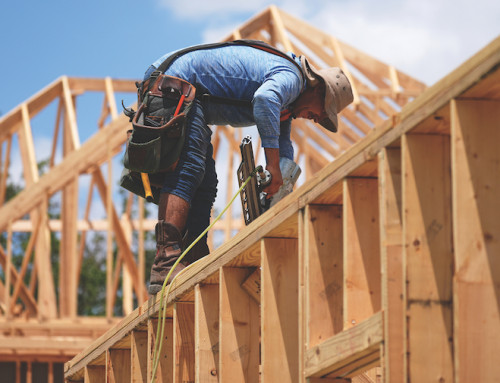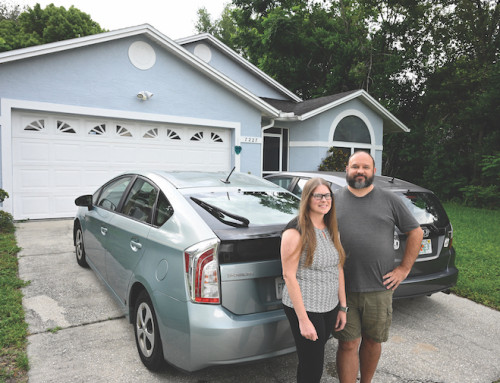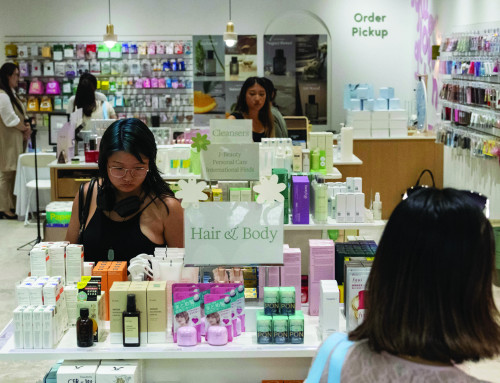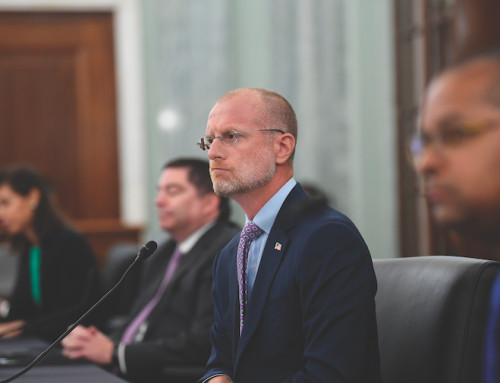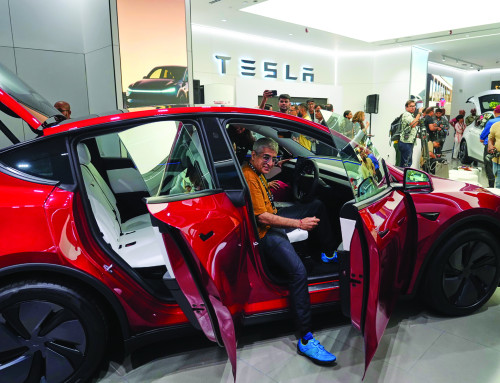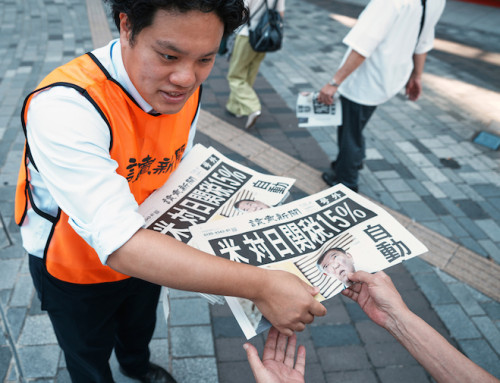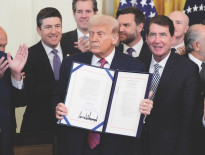MIAMI (AP) — Elon Musk fought court cases on opposite coasts this week that could either speed his plan to put self-driving Teslas on the nation’s roads or throw up a major roadblock.
In Miami, a Tesla driver who has admitted he was wrong to reach for a dropped cellphone moments before a deadly accident, spoke of the danger of putting too much faith in Musk’s technology, in this case his Autopilot program.
“I trusted the technology too much,” said George McGee, who ran off the road and killed a woman who was stargazing with her boyfriend. “I believed that if the car saw something in front of it, it would provide a warning and apply the brakes.”
Regulators arguing an Oakland, Calif., case tried to pin exaggerated talk about the same Tesla technology at the center of a request to suspend the carmaker from being able to sell vehicles in the state.
Some of Musk’s statements have landed him in trouble with investors, regulators and courts before. Sales of his electric cars, meanwhile, have plunged and a hit to his safety reputation could threaten his next big project: rolling out driverless robotaxis — hundreds of thousands of them — in several cities by the end of next year.
That Tesla has allowed the Miami case to proceed to trial is surprising. It has settled at least four deadly accidents involving Autopilot, including payments last week to a Florida family of a Tesla driver. That said, Tesla was victorious in two other jury cases, both in California, that also sought to lay blame on its technology for crashes.
Lawyers for the plaintiffs in the Miami case argue that Tesla’s driver-assistance feature, called Autopilot,
should have warned the driver and braked when his Model S sedan blew through flashing lights, a stop sign and a T-intersection at 62 mph in an April 2019 crash. Tesla said that drivers are warned not to rely on Autopilot, or its more advanced Full Self-Driving system. It says the fault entirely lies with the “distracted driver” just like so many other “accidents since cellphones were invented.”
In the California case, the state’s Department of Motor Vehicles is arguing before an administrative judge that Tesla has misled drivers by exaggerating the capabilities of its Autopilot and Full Self-Driving features. A court filing claims those feature names are misleading because they offer partial self-driving.
Musk has been warned by federal regulators to stop making public comments suggesting Full Self-Driving allows his cars to drive themselves because it could lead to overreliance on the system, resulting in possible crashes and deaths.
In 2023, the company had to recall 2.3 million vehicles for problems with the technology and is now under investigation for saying it fixed the issue though it’s unclear it has, according to regulatory documents.



